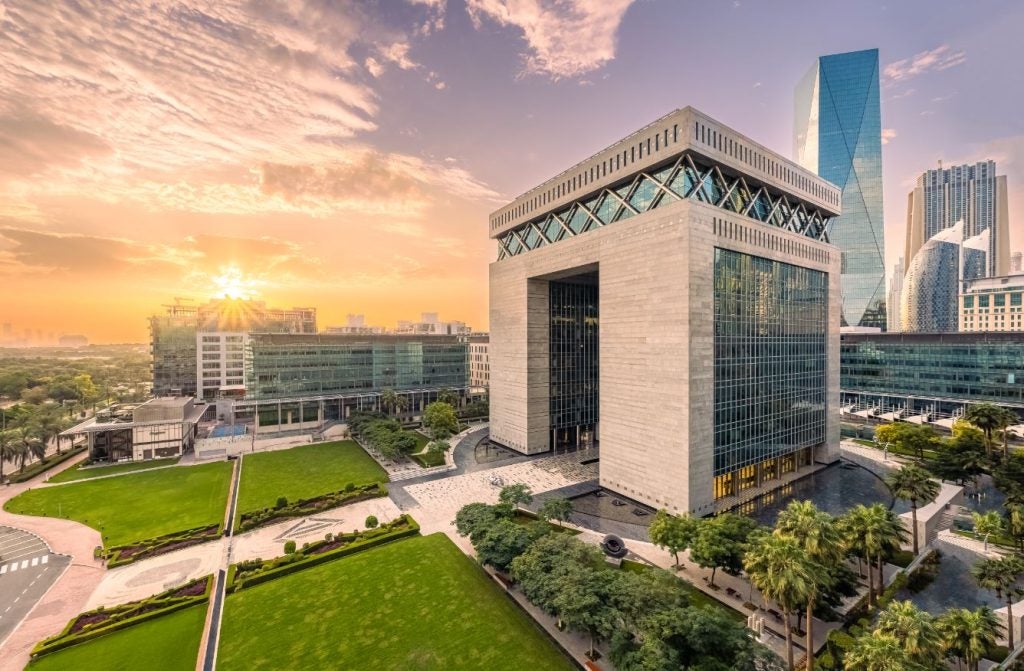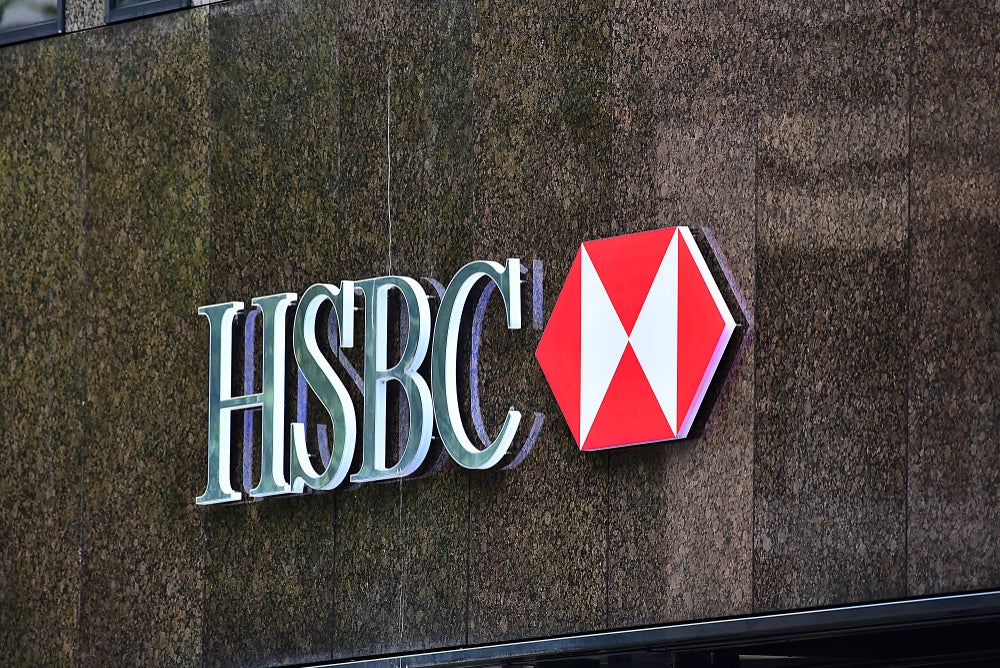2010 threw up plenty of
challenges for HSBC Private Bank but this is not dissuading the
banking giant from its committed emerging market strategy in 2011.
Global head Chris Meares speaks to Nicholas Moody about his new
Hong Kong base, the offshore yuan renminbi market and life after
its Swiss data theft.
 The
The
long-signalled move has happened. Chris Meares, global chief
executive of HSBC Private Bank, relocated from London to Hong Kong
on 27 December 2010 – reinforcing the importance of the bank’s
‘home’ market and its focus on expanding in the emerging
markets.
Having spent seven years in Asia
earlier in his career, it is clear to see Meares is pumped up about
being back in Hong Kong.
“It is only when you are in Asia
that you realise how much of the region is riding on China. The
wealth creation is just staggering and every country is benefitting
from it. The difference in environment [between Europe and Asia] is
like night and day,” he says.
How well do you really know your competitors?
Access the most comprehensive Company Profiles on the market, powered by GlobalData. Save hours of research. Gain competitive edge.

Thank you!
Your download email will arrive shortly
Not ready to buy yet? Download a free sample
We are confident about the unique quality of our Company Profiles. However, we want you to make the most beneficial decision for your business, so we offer a free sample that you can download by submitting the below form
By GlobalDataDoubling assets in Asia by
2015
“Just by being here I can see an
amazing number of clients a new bank in town might struggle to
see.”
HSBC is expertly placed to take
advantage of its prominent market position in Asia as the region’s
wealth swells.
Its ambitions include doubling
assets under management (AuM) in Asia by 2015 – a bold, but
achievable, target.
Yet dealing with the fallout from
its Swiss client data theft and scaling back its Russian private
banking operations means the world’s fifth largest wealth manager,
ranked by client AuM, has not been without its troubles.
2010 results: solid, but
not sparkling
 HSBC’s private bank
HSBC’s private bank
performed solidly in 2010, but did not sparkle.
It reported AuM of $390bn to 31
December 2010, a 6% increase on 2009; while total client assets,
including some non-financial assets held in client trusts,
increased by 8% to $499bn.
Pre-tax profits were 5% lower in
2010 to $1.05bn compared with the 2009 financial year (see
table, right).
Net new money at the private
banking unit returned to the black with an inflow of $13bn,
compared to a loss of $7bn in the previous year.
Meares is pleased with HSBC’s 7%
fee income growth and is unfazed by its rising cost-income ratio,
up almost 6% to 65.8%, which remains relatively healthy by industry
standards.
Recruitment and compliance
push up costs
Costs have gone up for two reasons:
recruitment and compliance, says Meares. Boosting its recruitment
in emerging markets is a key strut of its strategic plan.
HSBC’s goal is to take on 150 front
office staff in emerging markets, with a big chunk in Asia, where
the bank increased its headcount by 10% last year. Meares says the
bank is making good progress on hitting these targets.
HSBC has also invested in
compliance. Although he would not share the exact amount, Meares
says as a percentage of overall expenses, compliance spend has gone
up as has expenditure on all its systems.
Where is the money being spent?
“It is mostly on our front office
system, our back-end is not too bad, so this is on areas like the
internet and mobile reporting for clients, client reporting and the
whole customer relationship management system,” he explains.
Then of course there has been major
spend on data protection, which was a chief concern after the
revelation in March last year that a former employee of HSBC
Private Bank (Suisse) had stolen data affecting about 15,000
existing clients.
The shockwaves from the theft have
continued to ripple throughout Europe for most of the past year.
Government investigations have subsequently been launched into the
tax affairs of French, Italian, German, Spanish and the UK
residents with Swiss-based HSBC accounts. HSBC also received an
official reprimand from the Swiss Financial Market Supervisory
Authority (FINMA).
Moving on from the Swiss
data theft
In the years since the 2006 theft,
Meares says HSBC has spent more than CHF100m ($103m) to strengthen
its IT systems and data security. A recent programme of 65 measures
to address changes in its data protection systems has almost been
completed, meeting FINMA requirements.
Meares is confident HSBC’s Swiss
bank now has a gold-standard data protection system, which will be
rolled out across its global private bank. Unsurprisingly, he is
eager to put the data theft matter to rest.
“We have moved on from the data
theft. It was an unfortunate event last year; we have spent money
on the future systems to deal with it and it was ultimately down to
one person,” he says.
Has it damaged HSBC’s reputation
and sparked an outflow of clients in Switzerland?
“It was seen as a specific issue
that we experienced in Switzerland and it has not damaged our
reputation elsewhere,” says Meares.
“We saw net inflows in Switzerland,
so it is not as if people suddenly said we should not be putting
our money [in HSBC].”
Favouritism for faster
growing markets
What Meares is eager to discuss is
taking advantage of HSBC’s prime position where wealth is being
created in the world today: in Asia and other faster growing
markets, chiefly Brazil, Mexico, Turkey, Middle East and India.
“[The difference between developed
and developing markets] is marked with governments in developed
markets having to repair their balance sheets through raising taxes
and the economic activity not generating the opportunities like
they are in Asia, the Middle East and Latin America,” he says.
Meares says well over half of its
net new money in 2010 came from Asia and it is not limited to
Mainland China, but includes Hong Kong,  Taiwan, and Singapore
Taiwan, and Singapore
who are all doing well on the back of growth in Greater China.
However HSBC’s organic-grown Asian
private banking business puts it in an enviable position in the
coming years.
A measured approach to
Mainland China
As many foreign wealth managers
rush to rapidly expand their Asian businesses, taking on
significant costs at the same time, HSBC already has much of its
product platform established and a recognised brand.
It already has an onshore presence
in the world’s most promising, but most challenging markets for
foreign banks, Mainland China.
Meares says HSBC is taking a
measured approach to growing its onshore Chinese business, as
regulation changes and wealth markets mature.
It currently has three offices in
Shanghai, Beijing and Guangzhou, although HSBC says it could ramp
these up quickly as it has about 100 branches.
HSBC is also broadening its product
range as it battles its rivals, the massive Mainland banks
including Industrial and Commercial Bank of China, Bank of China
and Agricultural Bank of China.
Still, one gets the sense that
Meares is not threatened by the Mainland banks whose premier and
priority offering is significantly different from HSBC’s.
“The private banking industry in
China is still very new and, at the moment, Mainland banks have not
developed the depth and complexity of service that you normally get
with a private banking relationship. For now it is more a
red-carpet service,” he says.
One emerging market not mentioned
is Russia. In April, HSBC Group announced its decision to pull out
of the Russian retail space and reduce its private banking presence
to a representative office. HSBC made no further comments on the
decision.
Family Office pet
project
With all these growth plans on his
plate, you would think Meares would not have time for his own
projects – but growing the bank’s Family Office Partnership is
close to his heart.
Launched last year in collaboration
with Global Banking and Markets, the partnership currently has 80
top-tier billionaire clients with large corporate interests that
allows some clients to be registered through its institutional
global markets desk and trade directly with the floor rather than
through the private bank.
Meares will not quantify the volume
of business flowing through the new set up only saying it has
completed a number of big financing deals, including property
financing for more than £100m ($162m) and new debt issues.
HSBC’s customer base is strong. From its 4.4m Premier segment to
its growing Family Office Partnership. Meares’ Hong Kong base now
puts the private banking head in a strong position to drive
increasing collaboration with its global markets division.
Timing is everything and, with its strong Asian heritage, HSBC
appears to be in the right place at the right time.
See also:
Offshore renminbi powers ahead







